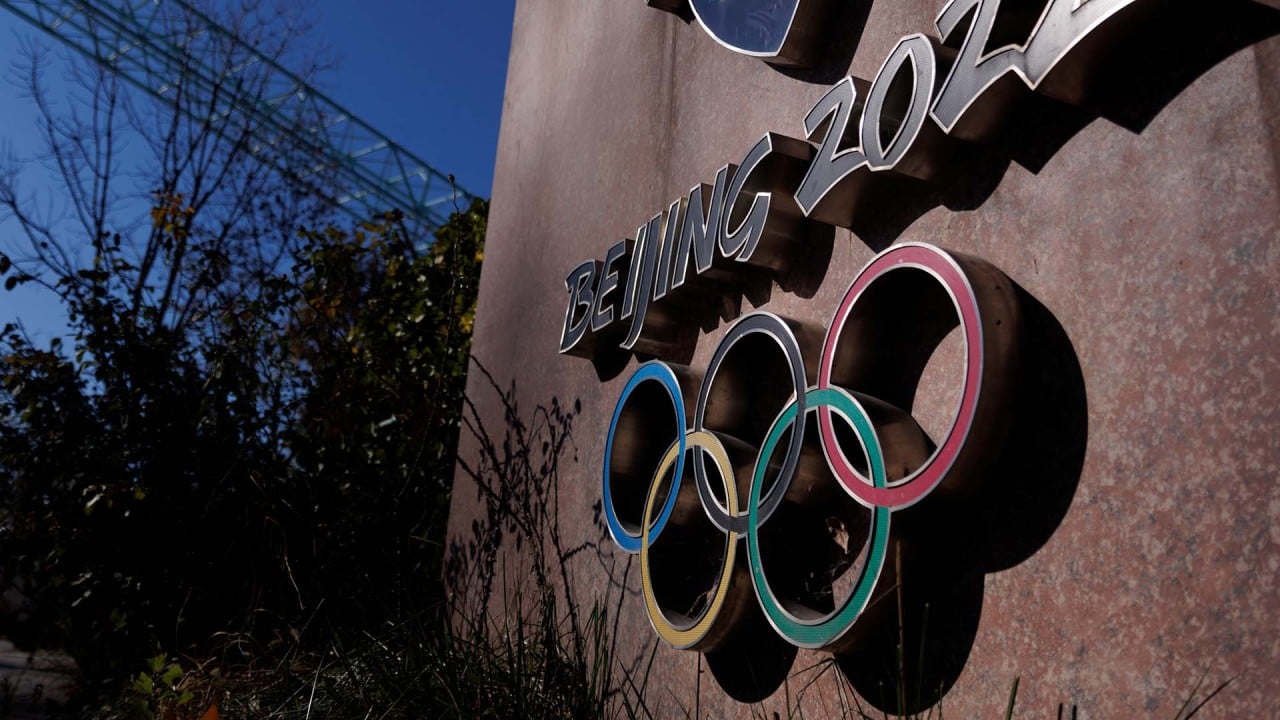Winter Olympics: China restricts activists’ social media ahead of Beijing Games
- Prominent rights activists have been detained in recent weeks and others report having their WeChat accounts closed or curbed in December and January
- IOC says it ‘has neither the mandate nor the capability to change the laws or the political system of a sovereign country’ and must remain neutral on politics

For China’s ever-dwindling community of activists, the imminent arrival of the world’s best athletes has triggered a familiar clampdown.
Eight individuals have told of their WeChat accounts being restricted in some form since early December, with some unable to use their accounts entirely and forced to re-register.
“This storm of shuttering WeChat accounts is too strong and unprecedented,” said veteran journalist Gao Yu, whose account had features such as group chat messaging permanently disabled for the first time on December 20.
China routinely suppresses the social media accounts and physical movements of dissidents during politically sensitive periods such as Communist Party gatherings in Beijing or key anniversaries such as the 1989 Tiananmen crackdown.

